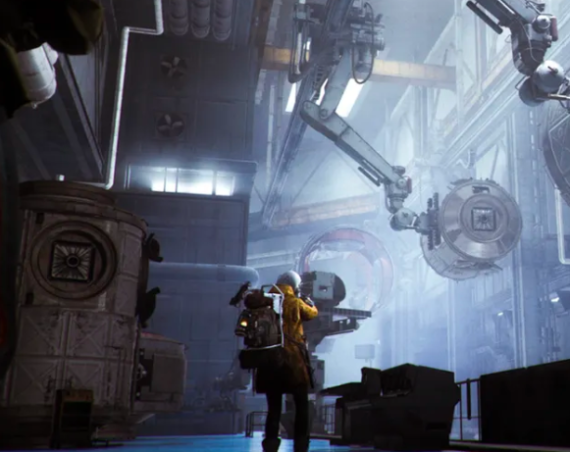
Peter Molyneux Reflects on Early EA Board Experience and Dungeon Keeper Studio Closure
Peter Molyneux, the renowned creator behind the celebrated Fable series and a visionary in game design, has openly shared his challenging experiences navigating the corporate landscape of Electronic Arts (EA) during the mid-1990s. His candid reflections reveal a story of clashing cultures and critical decisions that shaped the trajectory of iconic game titles.
First Impressions: The EA Boardroom as a ‘School Playground’
Having established Bullfrog Productions in 1987, a studio famous for groundbreaking titles like Populous and Dungeon Keeper, Molyneux rose to the role of Vice President at EA in 1994, coinciding with EA’s acquisition of Bullfrog in 1995. However, his first encounter with EA’s corporate environment was far from inspiring.
“I went to my first board meeting and was crushed with disappointment because it was like the school playground,” Molyneux recounted in Edge magazine issue #416. “They were just idiots – people jumping on tables and shouting. Not what I’d expected at all.”
This vivid description highlights the significant cultural gap between creative game development studios and large corporate entities during that period. Studies in corporate culture emphasize that mismatches between creative teams and management can lead to reduced innovation and employee dissatisfaction (Harvard Business Review, 2020).
The Dungeon Keeper Studio Closure: A Decision Labeled a ‘Dreadful Mistake’
One of the most consequential moves during Molyneux’s stint involved EA’s management pressuring Bullfrog to develop Dungeon Keeper in an unattainably short timeframe of just over six weeks. Recognizing the impracticality of this demand, Molyneux and his team proposed an alternative: to create an entirely different game within that period, which resulted in the vehicular combat racing game Hi-Octane.
Reflecting on the 2001 decision to shut down the Dungeon Keeper studio, Molyneux described it as a “dreadful mistake.” The closure led to the loss of valuable creative talent and halted the advancement of a beloved franchise. This aligns with analyses from the game development industry, where premature studio closures often result in lost investment and disrupted creative momentum (Game Developers Conference, 2019 report).
Struggles with Corporate Life and Departure from EA
Molyneux’s discontent with corporate bureaucracy culminated in a defining moment: after three challenging years at EA, he found himself intoxicated and hastily penned a resignation letter — a decision sent without his full consent by his friend Tim Rance to then EA CEO Larry Probst.
“I told EA, ‘Look, I’m not leaving until Dungeon Keeper is finished, but as soon as I handed my notice in, they kind of shut the doors and said, ‘You shouldn’t be here any more.’ Now, I completely understand, and I’d probably do the same, but that was very difficult for me,” said Molyneux. “All my emotional life is based around people that I work with on games. I didn’t really have a social life. And then to have that ripped away…”
This episode underscores the emotional connection developers often have with their creative projects and teams, a factor sometimes overlooked in corporate decision-making. Recent studies in workplace psychology highlight that employee engagement and sense of belonging are critical for productivity and well-being (Gallup, 2022).
Key Takeaways from Molyneux’s Experience
- Corporate Culture Clashes: Molyneux’s portrayal of the EA boardroom culture as chaotic and immature reflects the ongoing challenge of harmonizing creative and corporate priorities in the game industry.
- Pressure and Unrealistic Deadlines: The push to develop complex titles such as Dungeon Keeper rapidly can jeopardize the quality and success of the game.
- Impact of Studio Closures: Closing specialized studios can stifle innovation and lead to long-term brand damage, as seen with Dungeon Keeper’s fate.
- Emotional Toll on Creators: The intense personal investment developers make highlights the need for supportive organizational structures.
Conclusion
Peter Molyneux’s reflections on his early experiences at Electronic Arts provide valuable insight into the complex dynamics between creativity and corporate management in the video game industry. His story serves as a reminder of the importance of nurturing creative environments while balancing business demands, an equilibrium many modern studios strived to achieve.
For further reading, industry analyses such as the 2019 Game Developers Conference report on studio management and innovation offer deeper understanding of these challenges. Meanwhile, ongoing research into workplace psychology supports the critical role of emotional well-being and supportive cultures in fostering sustainable creativity.


